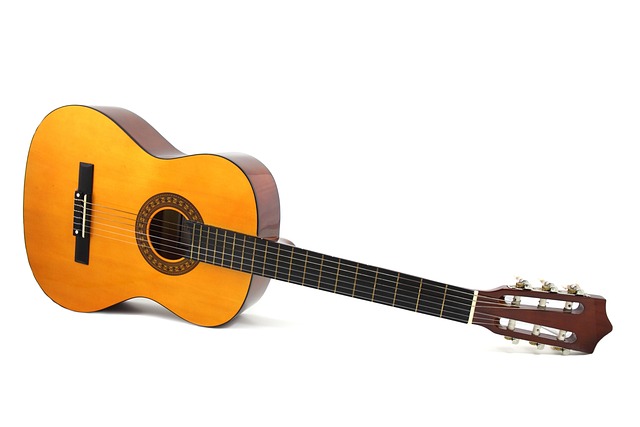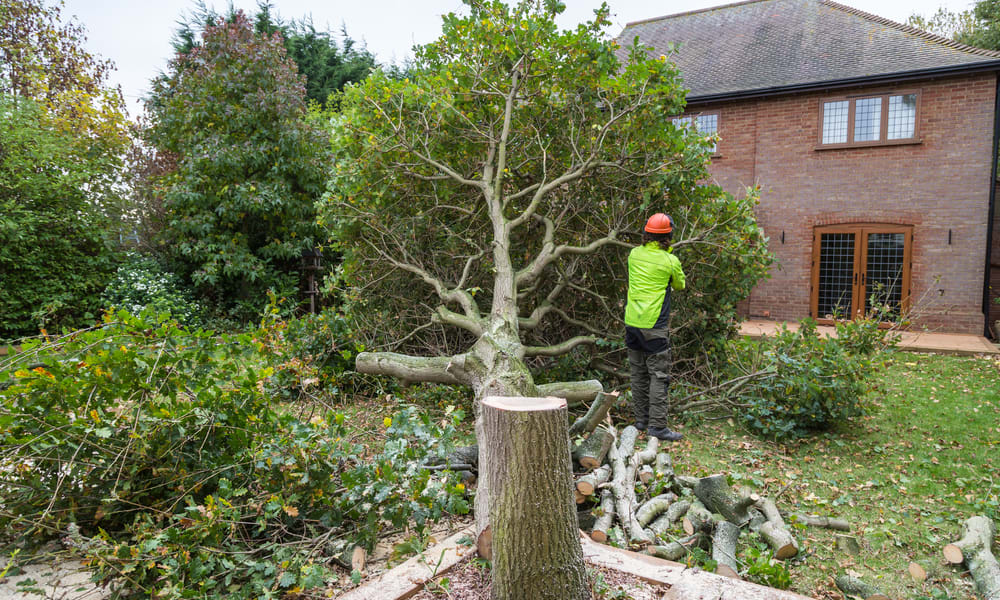Guitar Selection Guide for Musicians
Guitars come in a wide range of styles, sizes, and features, making it easier to find one that matches your skill level and musical preferences. From acoustic to electric models, exploring different options allows you to choose an instrument that fits your needs and enhances your playing experience.

What Guitar Options Best Suit Different Skill Levels?
The guitar market offers instruments tailored to every experience level, from beginner-friendly models to professional-grade instruments. Entry-level guitars typically feature laminated wood construction, which keeps costs manageable while providing decent sound quality. These instruments often include helpful features like lower string action and narrower necks that make learning easier for new players.
Intermediate guitars bridge the gap between beginner and professional models, incorporating solid wood tops with laminated backs and sides. This construction delivers improved tone and projection while maintaining affordability. Advanced players and professionals gravitate toward all-solid wood instruments that offer superior resonance, complex harmonics, and the ability to improve with age.
How to Choose Guitars for Practice and Performance
Practice guitars prioritize comfort and playability over concert-level acoustics. Many musicians prefer smaller-bodied instruments for extended practice sessions, as they reduce fatigue and allow for better positioning. Electric guitars with headphone capabilities enable silent practice, making them ideal for apartment living or late-night sessions.
Performance guitars demand different characteristics, emphasizing projection, tonal complexity, and stage presence. Acoustic guitars with built-in electronics provide versatility for both unplugged and amplified performances. The wood choice significantly impacts sound quality, with spruce tops offering bright, articulate tones while cedar tops provide warmer, more intimate sounds.
Which Guitars Available Offer the Best Value?
The current guitar market provides exceptional value across all price ranges, thanks to improved manufacturing techniques and global competition. Entry-level instruments from reputable manufacturers now offer quality that rivals mid-range guitars from previous decades. Many brands focus on specific niches, allowing musicians to find instruments perfectly suited to their preferred genres and playing styles.
Classical guitars remain popular for fingerstyle players and those studying traditional techniques. Steel-string acoustics dominate the folk, country, and contemporary music scenes. Electric guitars continue evolving with modern pickups, hardware improvements, and innovative designs that expand sonic possibilities.
| Guitar Type | Brand/Model | Price Range | Best For |
|---|---|---|---|
| Acoustic Beginner | Yamaha FG800 | $150-$200 | New players, practice |
| Electric Starter | Squier Classic Vibe | $300-$400 | Rock, blues beginners |
| Mid-Range Acoustic | Taylor 114ce | $800-$1,000 | Performance, recording |
| Professional Electric | Fender American Professional | $1,500-$1,800 | Stage, studio work |
| Classical Guitar | Cordoba C7 | $400-$500 | Fingerstyle, classical music |
Prices, rates, or cost estimates mentioned in this article are based on the latest available information but may change over time. Independent research is advised before making financial decisions.
Essential Features for Modern Guitarists
Today’s guitars incorporate technology that enhances both learning and performance experiences. Built-in tuners eliminate the need for separate tuning devices, while onboard electronics provide direct amplification options. Many acoustic guitars now include pickup systems that capture natural tone without external microphones.
Neck profiles significantly affect playability, with options ranging from thin, fast necks preferred by lead players to fuller profiles favored by rhythm guitarists. Fret size also influences feel and technique, with jumbo frets facilitating bending and smaller frets supporting precise classical techniques.
Guitar Maintenance and Longevity Considerations
Proper maintenance extends guitar life and preserves sound quality regardless of the instrument’s price point. Regular string changes, humidity control, and professional setups keep guitars playing their best. Climate considerations become especially important for solid wood instruments, which respond more dramatically to environmental changes.
Storage solutions protect instruments from damage while maintaining accessibility for regular practice. Guitar cases provide maximum protection for traveling musicians, while stands and wall hangers work well for home storage. Regular cleaning prevents buildup that can affect both appearance and sound quality.
The guitar world continues expanding with innovations in materials, construction techniques, and electronic integration. Whether pursuing classical studies, contemporary songwriting, or professional performance, the right instrument serves as a faithful companion throughout your musical journey. Understanding the various options available helps ensure your guitar choice supports your musical goals while providing years of playing satisfaction and artistic expression.




